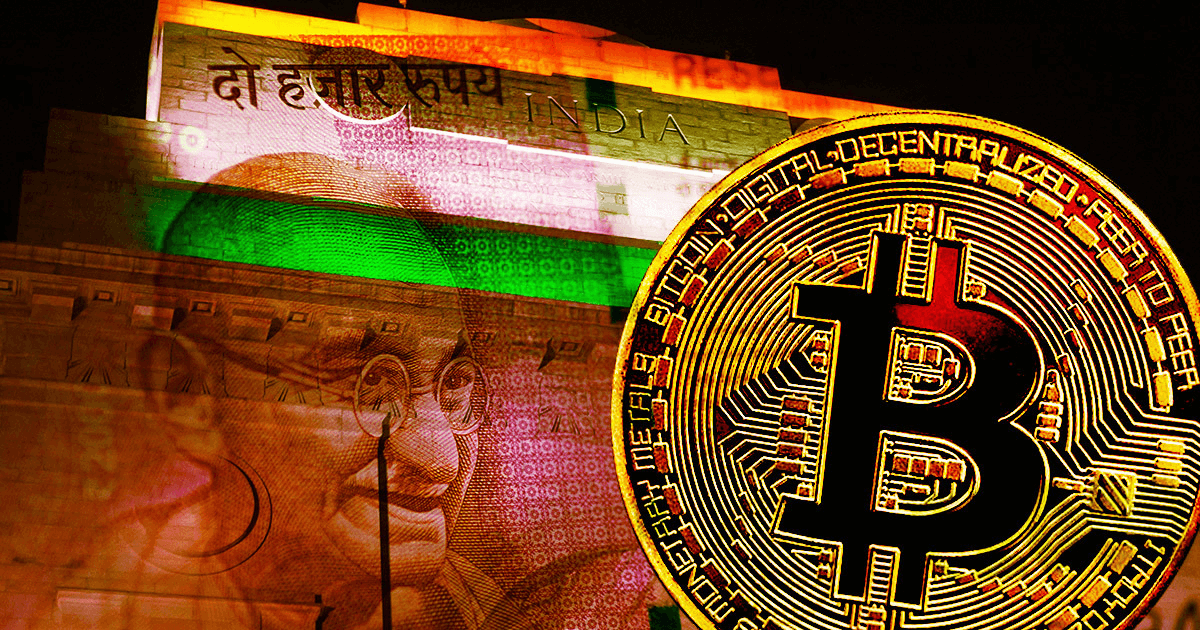
The Indian government is working on implementing a goods and services (GST) tax on crypto transactions as legwork for determining the legality of the sector is underway, according to a Sept. 19 Livemint report.
GST tax implementation
The GST tax will become an indirect tax regime on crypto assets that will act as a check on any revenue loss to the exchequer due to the lack of clarity surrounding the assets.
According to the report, the tax rate could fall between 18% to 28%.
At this stage, India’s finance ministry is working on determining the applicability of GST for crypto assets and has yet to decide whether they are declared as a good or service as the purchase is levied on services, Livemint’s two sources reported anonymously.
WazirX’s Vice President Rajgopal Menon said that based on the details available at the moment, “the GST will only be applicable on margin or service fees, and not on the entire value of the asset.”
It is also noted that the government is also looking into treating specific transactions, such as mining or airdropped crypto tokens.
The legality of crypto assets faces uncertainty in India
Meanwhile, the Indian government is also finalizing its stance on the legitimacy of crypto to submit its response to the Financial Action Task Force (FATF) “mutual evaluation” between February and March 2023.
India is currently not FATF-compliant. FATF requires countries to have a clear stance on legalizing, partially banning, or outright banning crypto assets.
The Department of Economic Affairs announced that it is compiling a consultation paper on virtual digital assets (VDAs) to assess the legality of VDAs. The consultation process began on Sept. 17.
The Financial Stability and Development Council (FSDC), chaired by Indian Finance Minister Nirmala Sitharaman, discussed the need to clarify the status of VDAs in India, along with a message to fast-track the initiative.
Sitharaman also called on the International Monetary Fund (IMF) to lead in developing a regulatory framework for cryptocurrency and ensuring a globally unified approach to the sector.
Nascent crypto regulations in India
On July 1, the one percent tax deductible source (TDS) rule for crypto transactions came into effect. The TDS mandates Indian citizens who are engaged in the sale of crypto assets like Bitcoin, Ether, Tether, BNB, Shiba Inu, Solana, and others, to deduct one percent of the profits as income tax payable to the Income Tax Department of India.
At the 2022-2023 Union Budget, which took place in February, the Indian government defined cryptocurrencies as VDAs. The status of cryptocurrency hangs in the balance.
This news is republished from another source. You can check the original article here


Be the first to comment